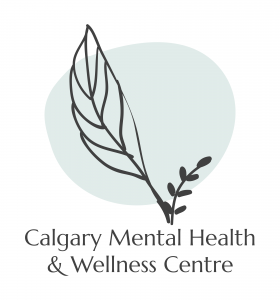In our fast-paced world, it’s easy to get caught up in the hustle and bustle, often overlooking the positive aspects of our lives. However, incorporating gratitude into your daily routine can be a transformative practice that enhances your overall well-being. The simple act of recognizing and appreciating the good things can have profound effects on your mental health, relationships, and outlook on life.
Gratitude is more than just saying “thank you.” It’s a deeper appreciation for the people, experiences, and moments that enrich our lives. Research has shown that cultivating gratitude can lead to increased happiness, reduced stress, and improved emotional resilience.
Benefits of Practicing Gratitude
- Improved Mental Health: Regularly practicing gratitude can reduce feelings of anxiety and depression. When you focus on the positive aspects of your life, it becomes easier to navigate challenges and setbacks.
- Better Relationships: Expressing gratitude to others fosters a sense of connection and strengthens relationships. When you acknowledge the kindness of friends, family, or colleagues, it encourages a cycle of appreciation and support.
- Enhanced Resilience: Gratitude can help you develop a more optimistic outlook, making it easier to cope with adversity. Acknowledging what you are thankful for can provide perspective during tough times.
- Increased Mindfulness: Practicing gratitude encourages mindfulness, helping you to stay present and aware of your surroundings. This heightened awareness allows you to appreciate the small moments that often go unnoticed.
- Better Sleep: Studies have shown that keeping a gratitude journal can improve sleep quality. Focusing on positive thoughts before bedtime can lead to more restful sleep and a calmer mind.
How to Cultivate Gratitude in Your Life
- Start a Gratitude Journal: Dedicate a few minutes each day to write down three things you are grateful for. They can be big or small, such as a supportive friend or a beautiful sunset. This practice can shift your focus from what’s lacking to what you already have.
- Express Gratitude to Others: Take the time to thank someone who has made a difference in your life. A handwritten note, a phone call, or even a simple message can strengthen your relationships and uplift the recipient.
- Practice Mindful Gratitude: Incorporate gratitude into your mindfulness practices. During meditation or quiet moments, reflect on the things you appreciate and how they make you feel.
- Set Gratitude Reminders: Use sticky notes, phone reminders, or apps to prompt you to pause and think about what you’re thankful for throughout the day.
- Create a Gratitude Ritual: Establish a routine that includes expressing gratitude, whether it’s during family dinners, before bedtime, or at the start of each day. Sharing what you’re thankful for can foster a positive environment.
Incorporating gratitude into your life can be a powerful tool for enhancing your mental well-being. By focusing on the positives, you can cultivate resilience, strengthen relationships, and improve your overall outlook on life. Remember, gratitude is not just a fleeting feeling; it’s a practice that can be developed over time.
If you’re interested in learning more about how gratitude can impact your mental health or need support in your journey, consider booking a free 20-minute consultation with one of our counselors at Calgary Mental Health & Wellness Centre. We’re here to guide you on your path to a more fulfilling and appreciative life.







